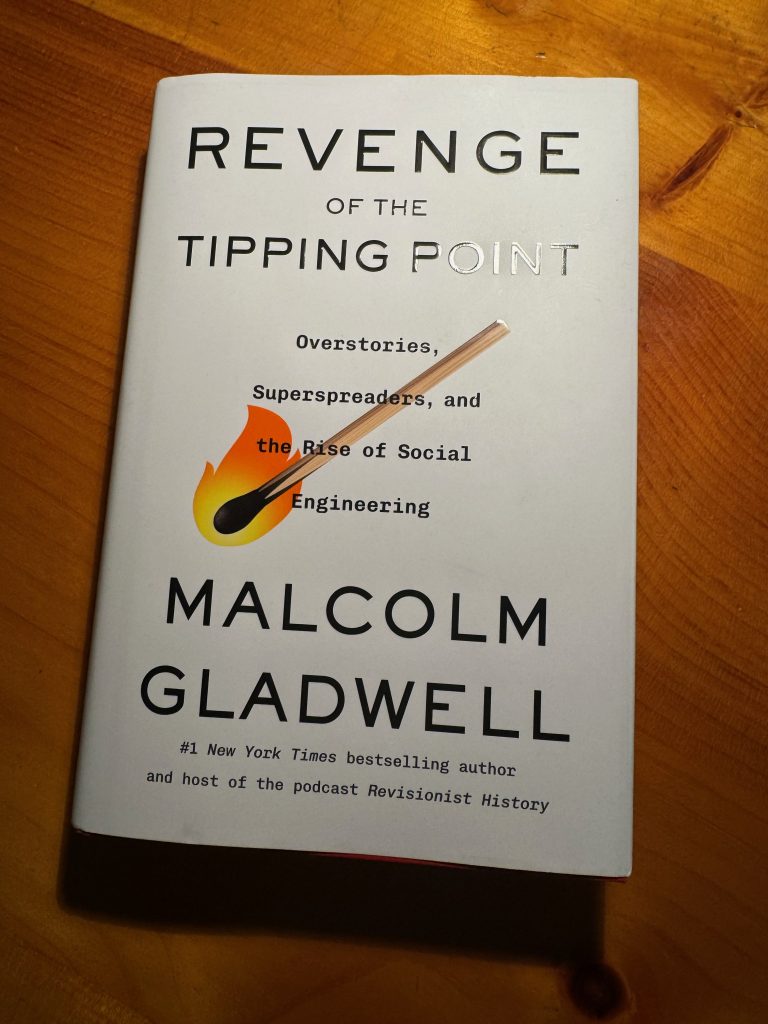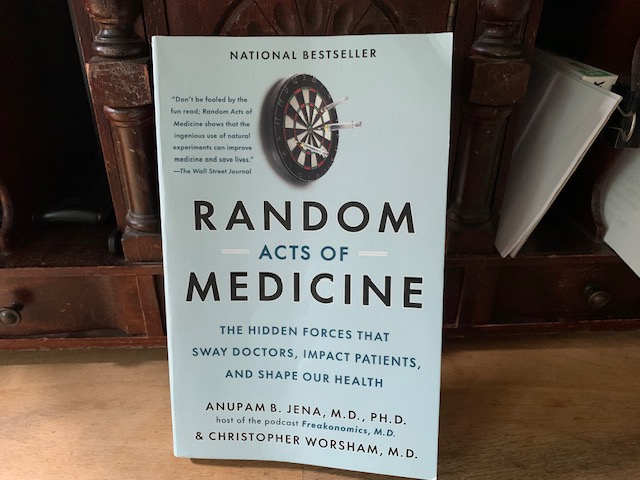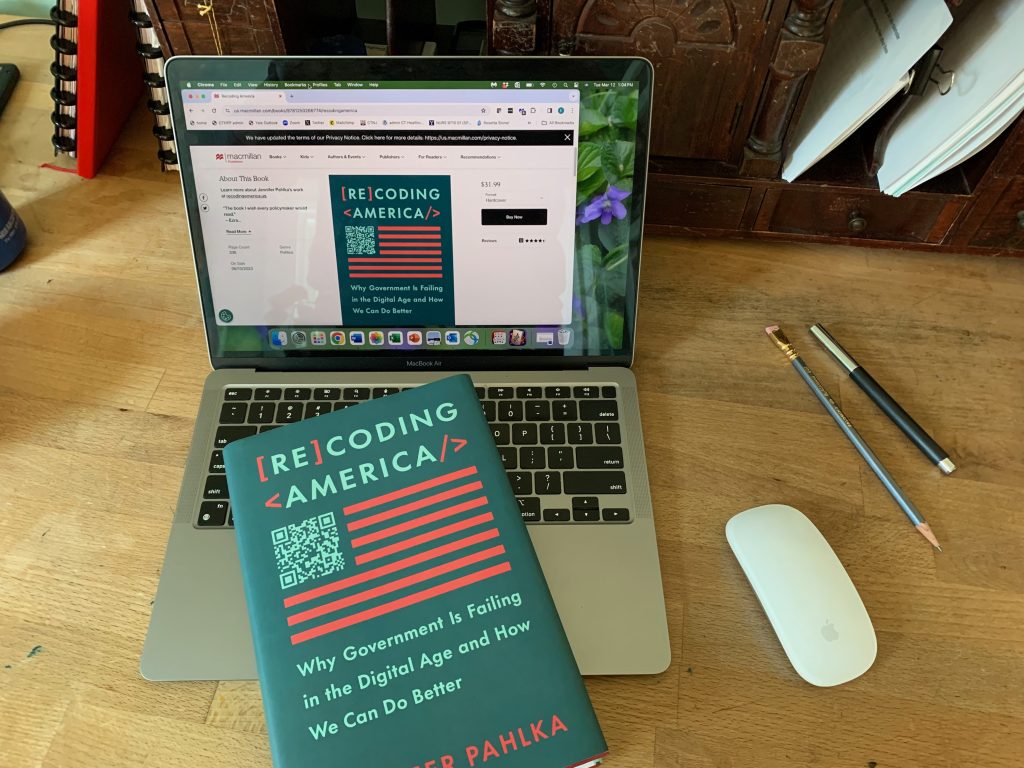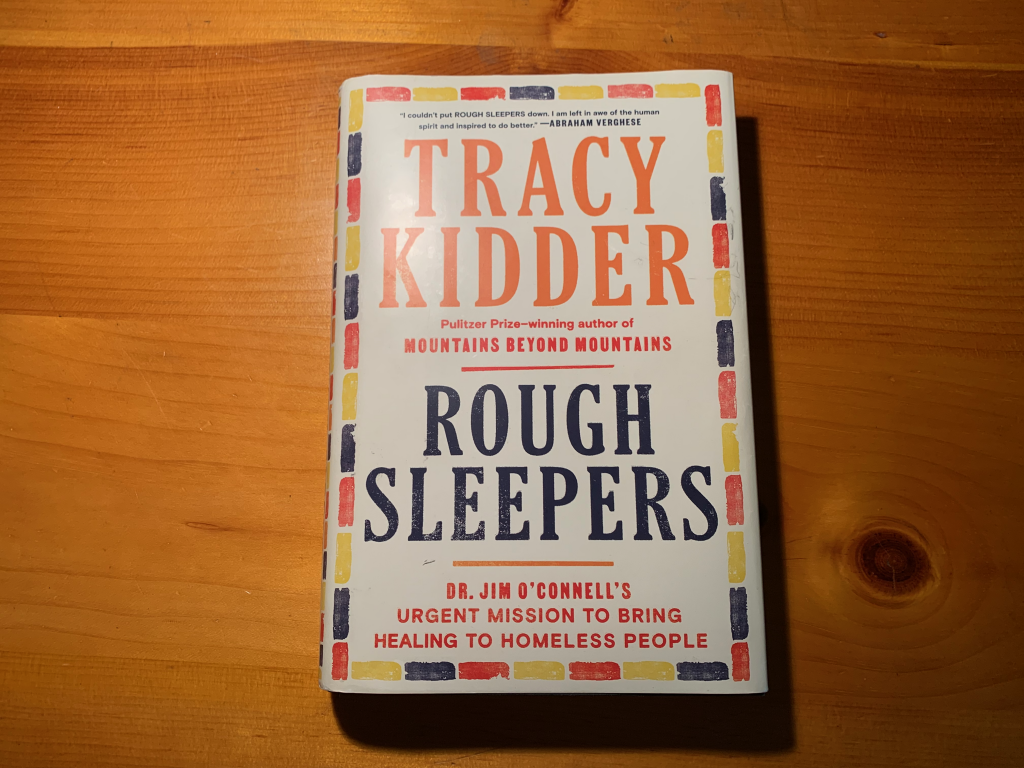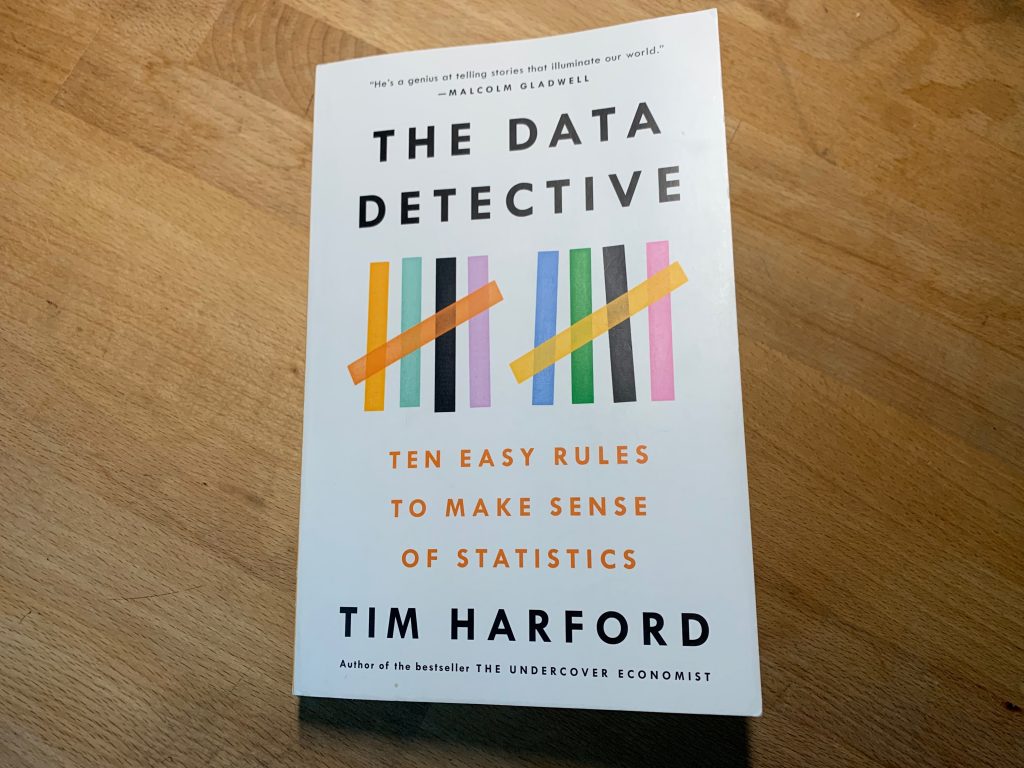Book Club
Book Club: Revenge of the Tipping Point
Malcolm Gladwell revisits his 2006 classic in the new Revenge of the Tipping Point: Overstories, Superspreaders, and the Rise of Social Engineering. He expands and updates the original premise – that ideas and trends grow slowly, like a pandemic, until they hit a point where they go viral and radically change the context around the…
Read MoreBook Club: Random Acts of Medicine
Deliberately randomized experiments in medicine and health policy are usually not possible, or even moral. But with increasingly available data and random changes in circumstances, natural experiments can teach us a great deal about what works and what doesn’t. Random events have a huge impact on our health, more than we’d like to acknowledge. Random…
Read MoreBook Club: Risky Business—Why Insurance Markets Fail And What to Do About It
I thought I knew a lot about how insurance markets work (and don’t), but I learned more than I expected from Risky Business—Why Insurance Markets Fail And What to Do About It by Liran Einav, Amy Finkelstein, and Ray Fishman. Adverse selection (commonly called cherry picking) is a double-edged problem. I knew about insurers’ schemes…
Read MoreBook Club – Super Forecasting: The Art and Science of Predicting
The title makes a big promise, but this book delivers. The book starts with examples through history of “experts” who were followed, even when evidence they were wrong was obvious. Healthcare is full of these examples, and the authors cite a few. In 2005, Phillip Tetlock published a very large 20-year study measuring the accuracy…
Read MoreBook Club: Recoding America – Why Government is Failing in the Digital Age and How We Can Do Better
If you’ve ever muttered under your breath about the inefficiency/waste/frustration/etc of government at all levels, you have to read Recoding America – Why Government is Failing in the Digital Age and How We Can Do Better, by Jennifer Pahlka. I don’t think I’ve ever dogeared as many pages in a book. While the author explores…
Read MoreBook Club: Healthy Voices, Unhealthy Silence: Advocacy and Health Policy for the Poor
It was difficult to read Healthy Voices, Unhealthy Silence by Colleen Grogan and Michael Gusmano; thankfully it is short. It explores Connecticut’s adoption of managed care for Medicaid in 1996. The picture it paints is not flattering. Published in 2007, I’m embarrassed that I hadn’t seen this book before now. The authors track the implementation…
Read MoreBook Club: We’ve Got You Covered
I wasn’t looking forward to reading yet another book promoting yet another idea to solve America’s broken healthcare system. But it’s my job, so I dove into We’ve Got You Covered: Rebooting American Health Care by Liran Einav and Amy Finkelstin. I’m a convert now – mostly. The first half of the book is the…
Read MoreSummer reading — Rough Sleepers
I thought I understood healthcare for the homeless, but I had a lot to learn. Rough Sleepers: Dr. Jim O’Connell’s Urgent Mission to Bring Healing to Homeless People describes Boston’s Healthcare for the Homeless Program by following Dr. Jim O’Connell’s career of caring for people who live, and sleep, on the streets. He ended up…
Read MoreBook Club — The Data Detective
The Data Detective: Ten Easy Rules to Make Sense of Statistics follows on the Book Club’s obsession with statistics and good data analysis (here, here, here, and here). Good policy rests on good evidence. There are good sources, including the books linked above, that uncover misleading information, with clues to identify them, and that’s important.…
Read MoreBook Club: Making Numbers Count
If your job is to communicate policy and make sense of it, you need Making Numbers Count – The Art and Science of Communicating Numbers by Chip Health and Karla Starr. Numbers are the bedrock of policy (or they should be) but they are scary to 99.9% of people – including the people you need…
Read More
